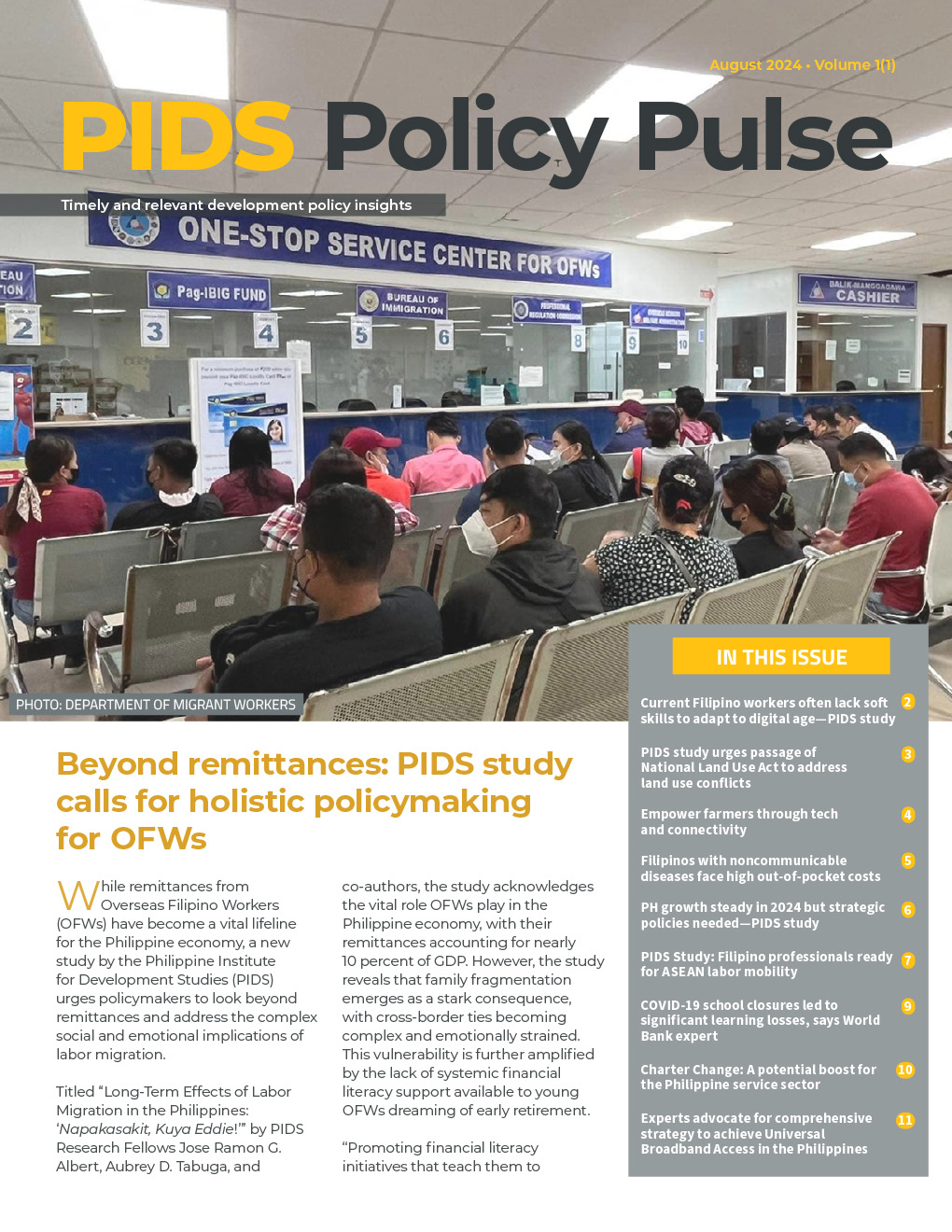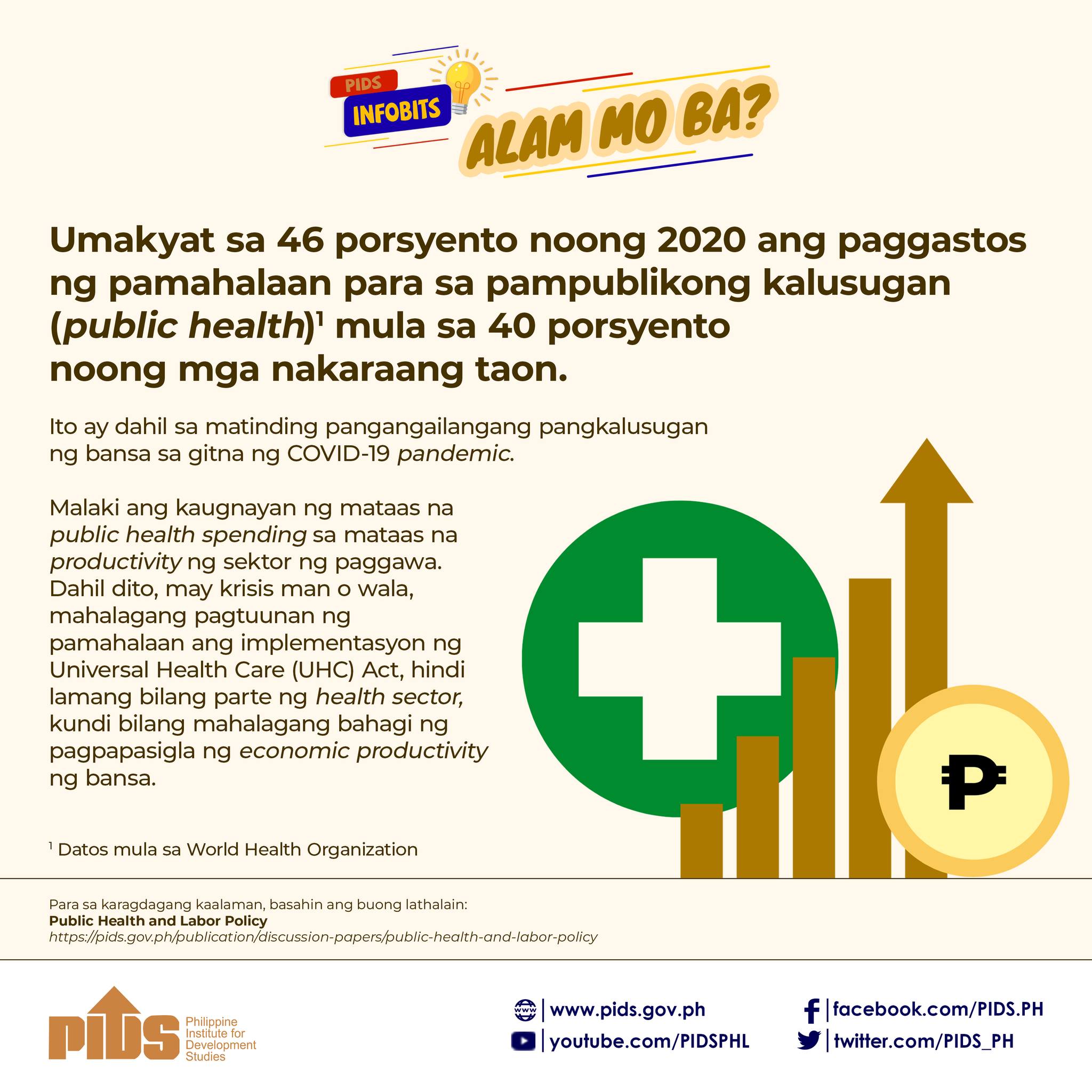THERE is a shortage of doctors and nurses in the city’s public hospital. Compared to its actual population, the city is way off the ideal number of doctors and nurses to cater the healthcare needs of the city. Dr. Ignacio Moreno, City Health Office (CHO) consultant, said there are only 14 doctors in the CHO who are assigned on the field. He said these 14 doctors are tasked to visit on a rotational basis in the 56 barangay health centers, while three doctors are assigned at the CHO. Moreno said the doctors visit each barangay once a week and hold office at the barangay health center. They work on field four times a week and report to the office for the weekly meetings on Fridays. Moreno disclosed that J.R. Borja General Hospital (JRBGH) has 30 doctors with six to seven of them assigned in different departments.
He cited that the ideal number of doctor is one in every 20,000 people in the community, while one nurse is ideal for 10,000 persons per population. He said the city needs around 3,000 doctors considering its population has now reached approximately 600,000.
However, Moreno said JRBGH cannot cater to all its patients since it only offers primary care and minor surgeries while those cases the JRBGH couldn’t offer are referred to other hospitals like Northern Mindanao Medical Center (NMMC). But, hiring doctors in the city is hindered because of the availability of funds.
Meanwhile, Oscar Picazo, Senior Health Research Consultant of PIDS, said the population in the Philippines has been increasing by 1.7 million per year. "1.7 million annual increases are like adding one small country to the population per year,” Picazo said.
Picazo said while the population increases the health facilities in the villages and provinces remained the same. It is also a pity, he said that the country has around 45,000 doctors and around 20,000 of them are in Metro Manila. Of the 45,000 doctors in the country half of it is in Manila while only 5,000 are in Mindanao.
Dr. Gilberto Llanto, president of PIDS, said a lot of local government units are not efficient in the delivery of basic health services. Llanto added that from the national level up to the local level there are not enough funds to provide efficient healthcare.
He said the national government recognized this problem and is working to solve it. Llanto said the government is looking forward to working with the private sector to address the country’s problem on healthcare services.//












